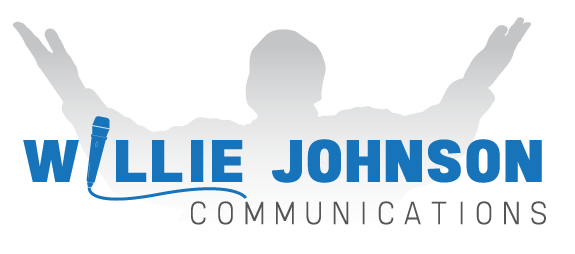In the ever-evolving landscape of business, effective leadership is more than just a role—it’s a dynamic skill set that requires constant development. To thrive as a leader, it’s essential to equip yourself with a variety of tools that will help you navigate the complexities of guiding a team. Here’s a look at some key tools every leader should have in their toolbox.
Tools for Your Leadership Toolbox
Communication
Clear, concise, and persuasive communication is at the heart of effective leadership. Whether you’re conveying your vision, giving feedback, or rallying your team, the ability to communicate effectively across all levels of your organization is crucial to success.
Conflict Management
Even the best teams encounter conflict. How a leader manages these situations can make or break team cohesion. Adequate training in conflict resolution enables leaders to handle difficult situations with grace, ensuring that disagreements lead to growth rather than division.
Decision-Making
In leadership, the ability to make informed decisions, especially in uncertain situations, is invaluable. Strong decision-making skills enable leaders to weigh options, consider risks, and choose the best course of action with confidence.
Delegation
No leader can do it all alone. Effective delegation not only lightens your workload but also empowers your team, promoting their development and fostering a sense of trust. Knowing when and how to delegate is a vital skill for any leader.
Innovation and Creativity
Encouraging a culture of innovation and creativity within your team leads to groundbreaking solutions. By fostering an environment that welcomes brainstorming, collaboration, and calculated risk-taking, leaders can inspire their teams to think outside the box.
Listening
Empathetic and mindful listening is a powerful tool that often goes overlooked. When leaders truly listen, they empower their employees, encourage valuable feedback, and enhance overall team engagement. This, in turn, builds stronger relationships and a more cohesive team dynamic.
Mentoring
Leadership isn’t just about leading—it’s about nurturing the next generation of leaders. By actively mentoring your team, you pass on valuable knowledge and experience, grooming future leaders who will continue to drive your organization forward.
Motivation
Keeping your team motivated is essential to maintaining high levels of performance and productivity. Leaders who foster a positive work environment, provide autonomy, and reward efforts effectively keep their teams engaged and driven.
Strategic Thinking
Effective leaders see the bigger picture. Strategic thinking involves planning for contingencies, aligning your team with the organization’s vision, and making decisions that drive long-term success. It’s about being proactive rather than reactive.
Team Building
Building a cohesive, diverse, and collaborative team is key to achieving your organization’s goals. Effective leaders understand the importance of creating a positive team environment where everyone feels valued and motivated to contribute.
Communication Technology
In today’s digital world, leveraging communication technology is vital. Utilizing digital platforms for intrateam messaging and meetings ensures that communication is efficient and collaboration is seamless, even in remote or hybrid work environments.
Personality and Behavioral Assessments
Tools like the Myers-Briggs Type Indicator (MBTI) and DISC assessments are valuable for understanding your team’s dynamics. By recognizing different personality types and behavioral patterns, leaders can tailor their approach to better manage and motivate their teams.
Adopt an Approach to Invest in Leadership Development
“Leaders don’t create followers, they create more leaders.”
Tom Peters
Investing in leadership development is essential for fostering strong, capable leaders within your organization. Hiring leaders and expecting them to grow on their own is simply not enough. In fact, studies show that 93% of managers are eager to learn how to better support and coach their teams. When employees feel supported by their managers, they are three times more likely to be engaged at work, according to a study by Qualtrics.
By integrating leadership development into your business strategy, you can unlock numerous advantages, such as attracting and retaining top talent, boosting performance and productivity, increasing employee engagement, and making succession planning more seamless. Ultimately, empowering individuals to advance their own careers leads to a stronger, more resilient organization.
Equip yourself with these essential tools and invest in leadership development to ensure you’re not just leading—but leading effectively, fostering growth, and creating the leaders of tomorrow.
